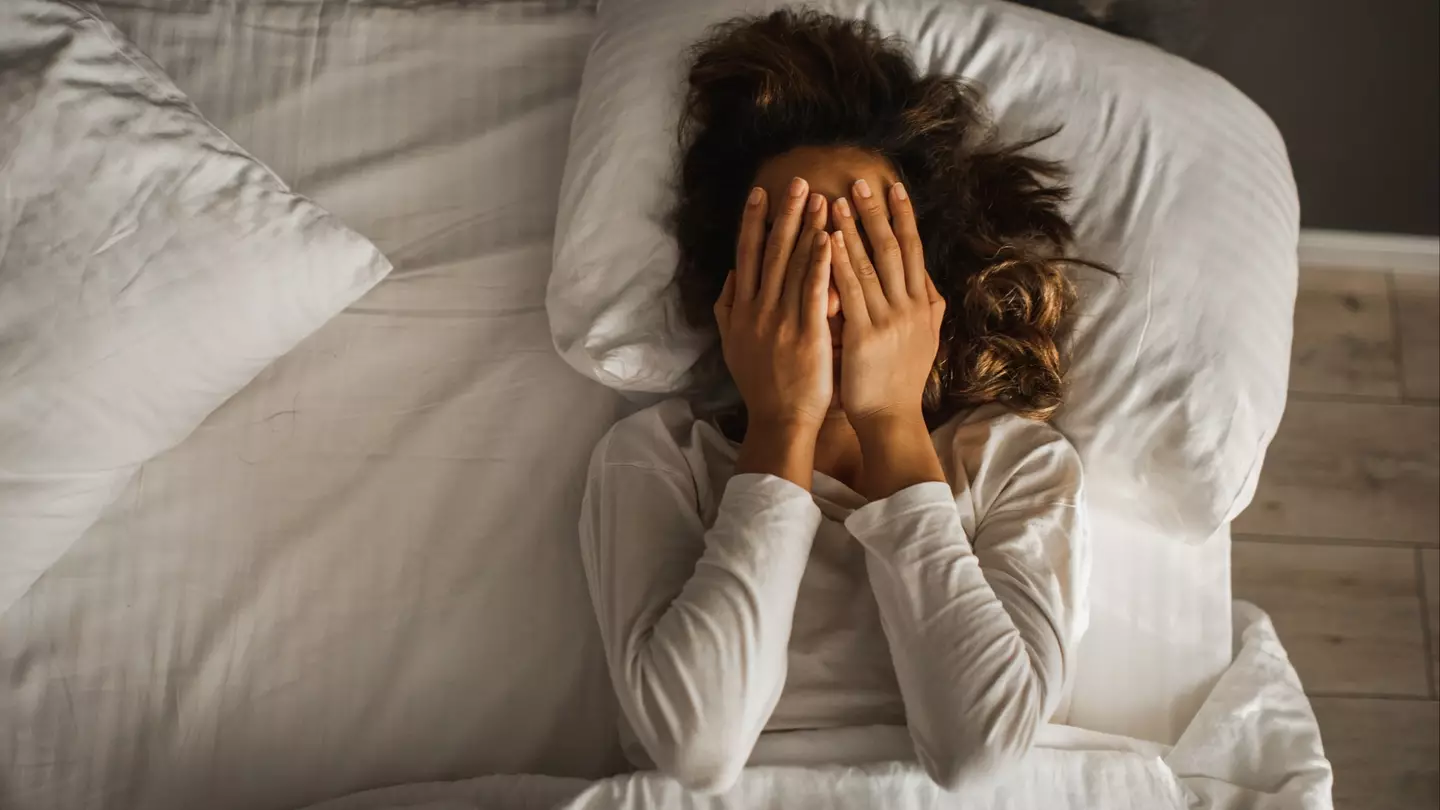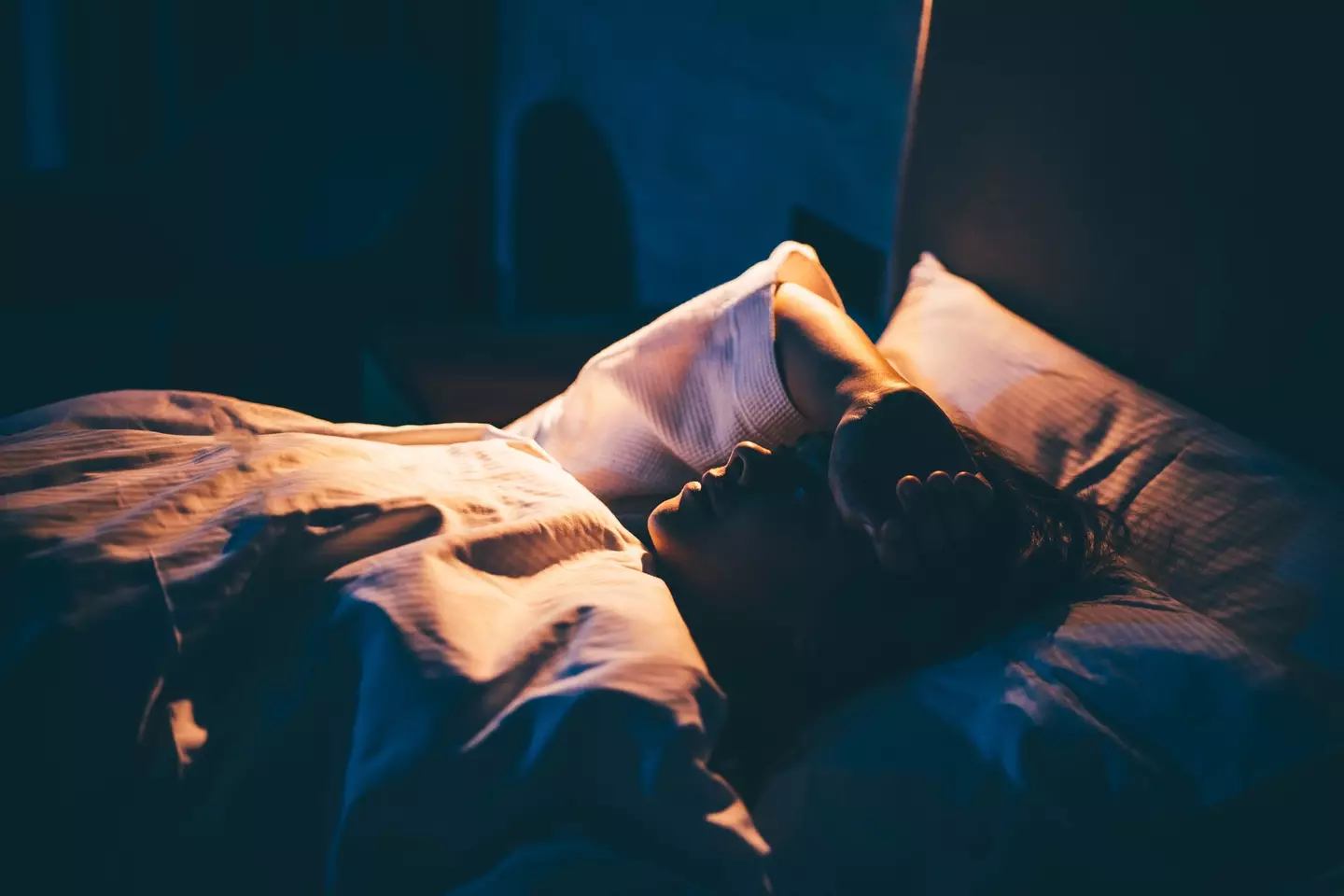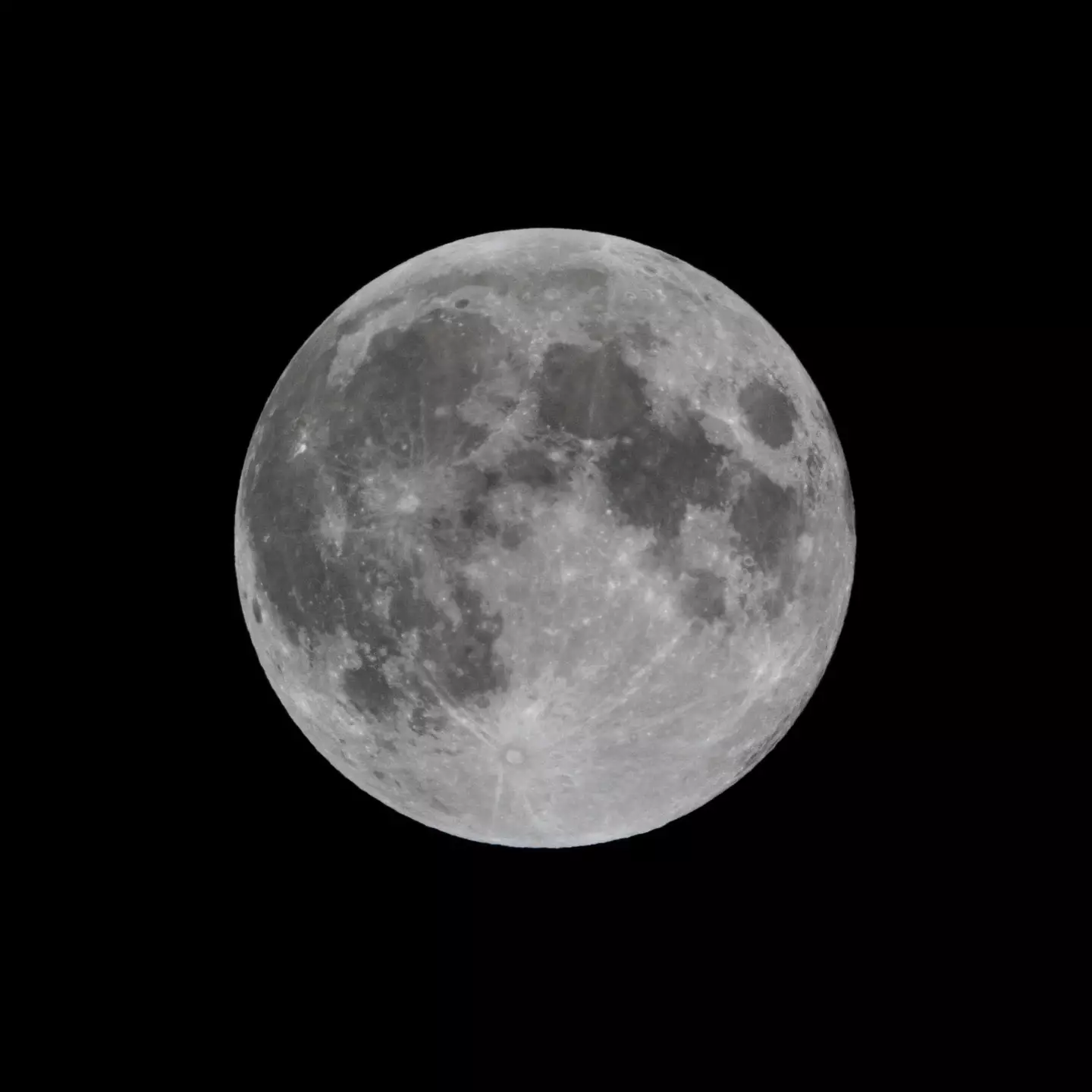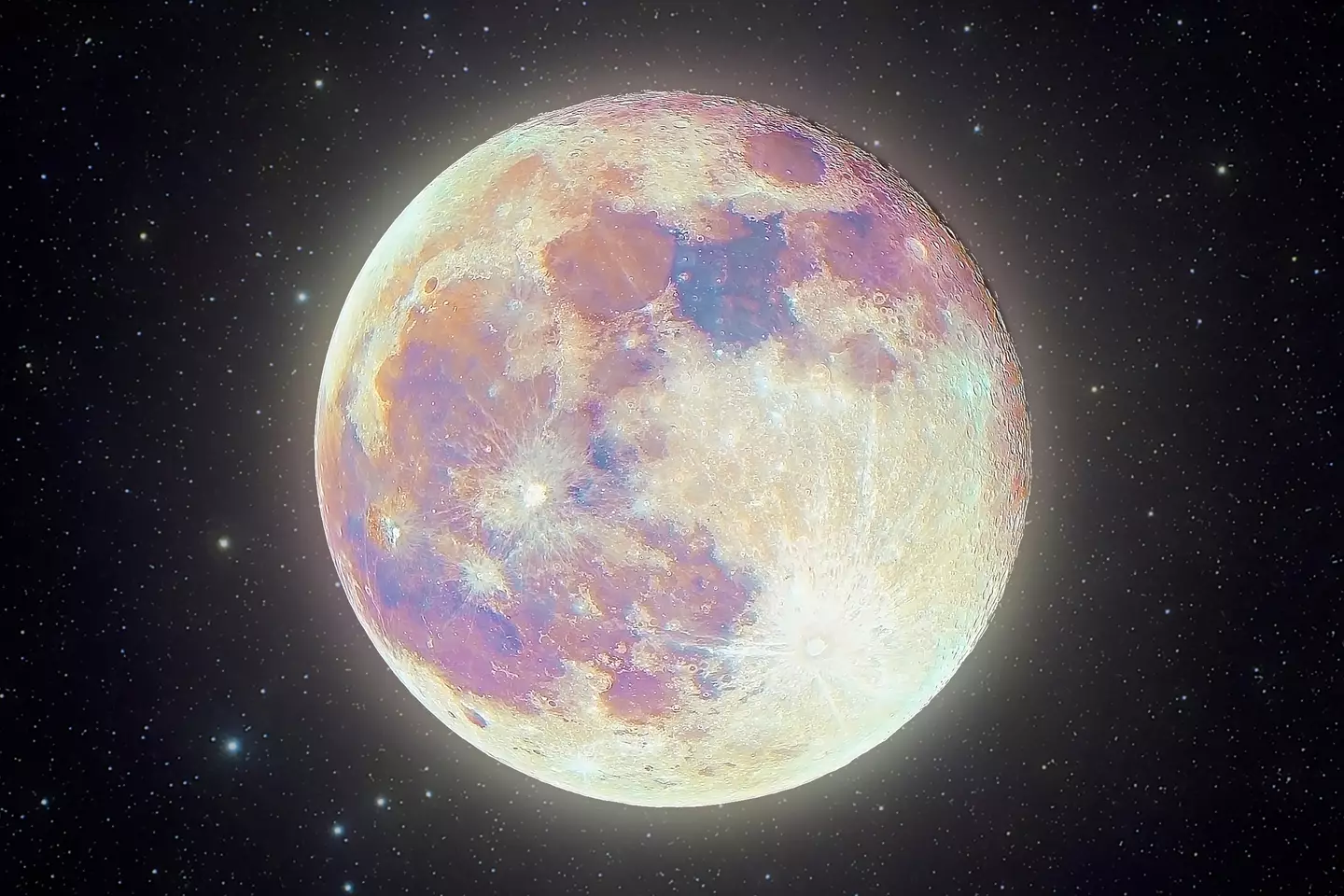The run-up to the festive season brings with it a whole load of pesky health ailments.
From sniffly noses and a persistent scratchy throat to vitamin D deficiency and a seriously f*cked sleeping pattern after all the faff of the clocks changing - it's clear that these chillier months are not ideal for those of us with more, let's say, sensitive immune systems.
And as if all that, plus the surge of Covid cases seemingly sweeping all across the UK, wasn't enough - there's also last night's cosmic phenomenon, which many are blaming as the reason why we all had such a crappy night's sleep.
There may be a cosmic reason as to why you slept so badly last night (Maria Korneeva / Getty Images) Yep, last night (5 November) saw none other than the Beaver supermoon light up our skies.
The moon, which was the largest and brightest supermoon of the year, received its odd name after the time when beavers take shelter and fur trappers would hunt them.
A supermoon occurs when a full moon coincides with its closest point to Earth, making it appear larger and brighter.
And, apparently, all that can have a pretty notable impact on our kip.
It was the full Beaver supermoon last night (show999/Getty Images) According to hormonal health expert Mike Kocsis at Balance My Hormones, the 'most obvious impact' of the full moon is sleep disruption, even if you don't notice it.
"Even if the bright light of the full moon doesn't wake you up, it can cause a chain reaction throughout your body and your hormones; cortisol rises, serotonin becomes dysregulated, and oxytocin can decrease – and this can lead to problems," he told Tyla.
The expert added that levels of melatonin, which is the sleep hormone, can dip during a full moon, which makes it harder to fall asleep and stay asleep.
He continued: "Serotonin is highly responsive to light exposure - which is why serotonin levels tend to decrease in winter, when there is less sun, contributing to things like seasonal affective disorder (SAD).
"Being deprived of fully restful sleep makes you feel more emotionally reactive, more prone to conflict, and less empathetic, so it can cause trouble in relationships."
The 'most obvious impact' of the full moon is sleep disruption, according to a health expert (Javier Zayas Photography / Getty Images) Meanwhile, Andrew Seed, Managing Director and sleep expert at The Odd Company, added: "Full moons are often linked to changes in behaviour, and many people report that they can disrupt sleep. Beaver moons, in particular, tend to be brighter than average, which can interfere with the body’s natural sleep-wake rhythm.
"The moon has long been associated with biological patterns, from ocean tides to animal migration and even plant growth, so it’s plausible that human sleep could be affected too. Research suggests people may experience shorter, lighter sleep during a full moon, with less time spent in deep or REM stages, and there have been several explanations posed, from changes in light exposure to subtle electromagnetic shifts."
While acknowledging that there's no guaranteed way to avoid the impact, Andrew highlighted that 'maintaining good sleep hygiene can help'.
He recommended: "Keep your bedroom dark and quiet, reduce light exposure before bed, and consider using aids like white noise, eye masks, or earplugs.
"Relaxation techniques such as meditation can also help you stay calm and improve overall sleep quality."
Well, that explains that then!

 Rhiannon Ingle
Rhiannon Ingle

